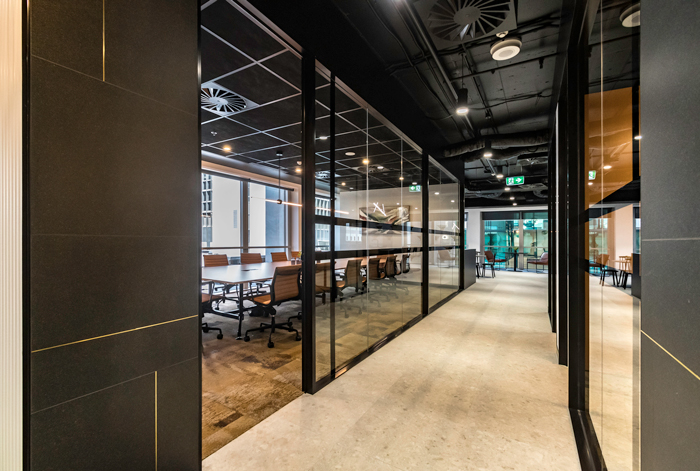
Cromwell's research and insights
Investment themes

Investment approach
Powerful thematic megatrends are causing radical changes in the way we live, work and play. In time, these will prompt structural changes in our economies and societies. In our view, a forward-looking megatrend-based mindset is the best route to performance.

Strategy initiatives
Take a look at our current investment strategies which are timed to align with expected thematic, structural and market trends.

